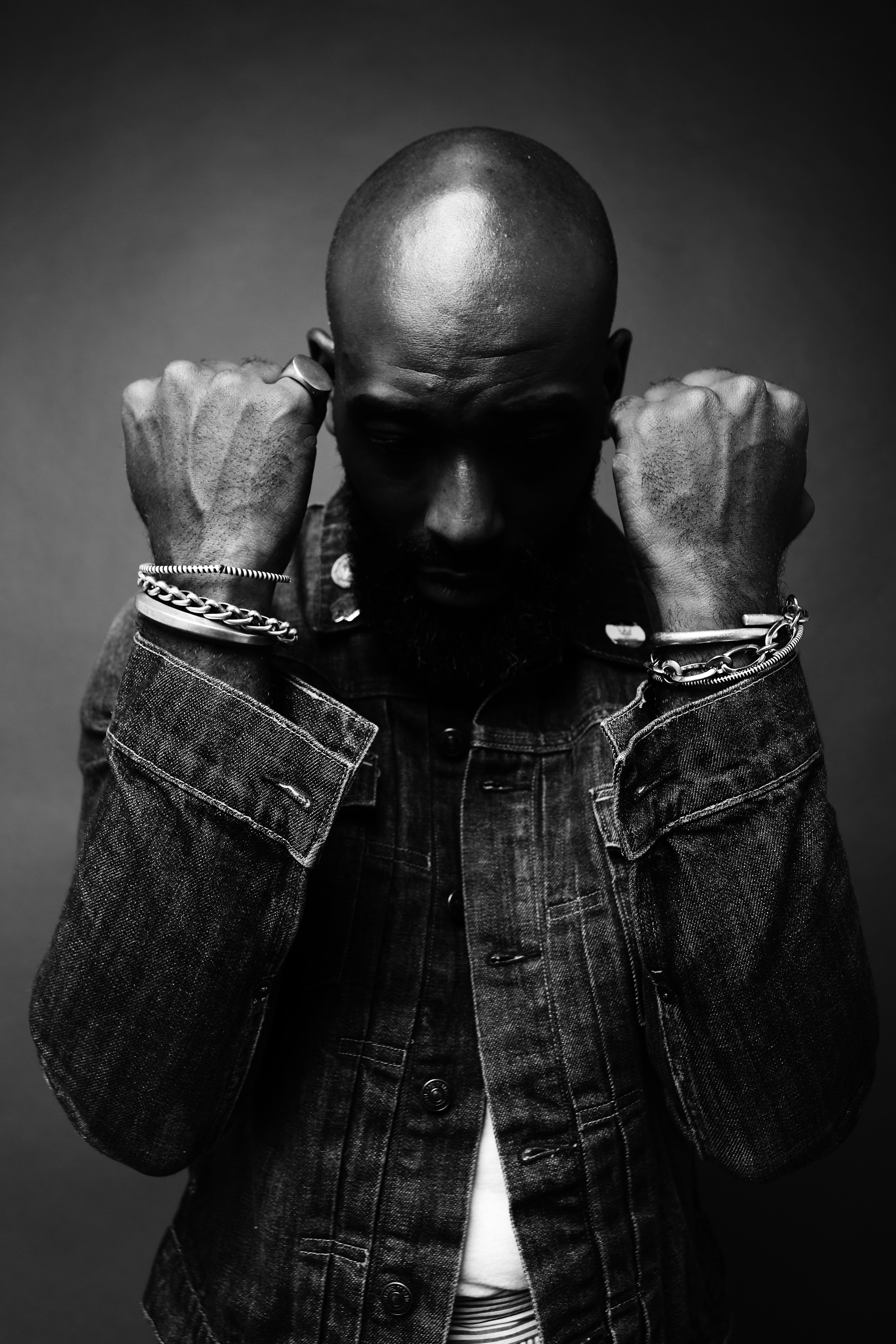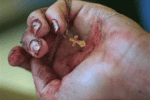And shalt return unto the LORD thy God, and shalt obey his voice according to all that I command thee this day, thou and thy children, with all thine heart, and with all thy soul;
That then the LORD thy God will turn thy captivity, and have compassion upon thee, and will return and gather thee from all the nations, whither the LORD thy God hath scattered thee.
If any of thine be driven out unto the outmost parts of heaven, from thence will the LORD thy God gather thee, and from thence will he fetch thee:
And the LORD thy God will bring thee into the land which thy fathers possessed, and thou shalt possess it; and he will do thee good, and multiply thee above thy fathers. Deuteronomy 30:1-5
As reported by Gabi Neuman of Ynet News, February 23, 2017 (links in original):
Over the weekend, two groups of immigrants from Mizoram in northeast India arrived in Israel. They entered Ben Gurion Airport singing and dancing as they were warmly welcomed by family members they had not seen for many years.As reported by Ynet News, March 30, 2017:
With tears in their eyes, about a hundred new immigrants from the tribe of "Bnei Menashe" excitedly clutched their blue Israeli Identification cards to their chests, and spoke of a two-thousand-year-old dream coming to fruition. Shlomit tearfully hugged her sister who she hadn't seen in more than twenty years, and Sarah said, "I tried to get here for so long ... now we're finally here. It's so wonderful."
After a long hiatus, Israel has renewed the "Bnei Menashe" operation—a community belonging to the so-called "lost tribes." As soon as they landed at Ben Gurion Airport, they rushed to say the Shehecheyanu prayer of thanksgiving and received an Israeli identification card issued to them.
"It's a commandment for every Jew to live in Israel, so I'm fulfilling my duty," Leon, one of the immigrants, told Ynet. Vichy Freund, one of the volunteers who took part in the operation, said that "people like to talk about the American Dream, and here we see the culmination of the Israeli dream which is based on tradition; on spiritual things and less on physical things."
In Israel, there are more than three thousand members of the tribe, and they will be joined by another 700 this year. "We are calling it, 'Operation Menashe 2017,'" said Rabbi Michael Freund, CEO of Shavei Israel Organization. "This is the first wave of the 700, who with God's help, we intend to bring in 2017."
According to Freund, "7,000 Bnei Menashe were left behind, in India, and everyone wants to come here and reunite with their families. In the coming years, we will bring all of them because this is their rightful place."
The immigrants made their way out of the airport toward their new (and temporary) homes in the absorption center in Kfar Hasidim, where they are set to complete the conversion process—and then, they will move to upper Nazareth.
"Bnei Menashe" identify themselves as descendants of the Jewish people. They are part of the Kuki-Chin-Mizo tribes from Mizoram, Assam and Manipur in Northeastern India, on the border with Myanmar Burma.
According to tradition transmitted from generation to generation, these are the descendants of the tribe of Manasseh—one of the ten tribes exiled from the Land of Israel at the end of the First Temple period.
Their numbers in these areas is currently estimated at approximately 7,000.
The Bnei Menashe community throughout the remote northeastern Indian state of Manipur today began preparing for Passover—including by baking matzah, the holiday’s traditional unleavened bread—at the Shavei Israel Hebrew Center in Churachandpur.See my post Jews from "lost tribe" move from India to Israel (December 24, 2012).
“The experience of seeing the entire community kneading, rolling, and then baking the dough—all as the timer calls out the minutes—is amazing,” said Ohaliav Haokip, 31, of Churachandpur. “Everyone present can feel the pressure of baking the matzah in time—it’s reminiscent of Biblical times, and our forefathers’ hurrying to flee Egypt… I hope for a very special Seder this year—and next year in Jerusalem!”
The Bnei Menashe are believed to be descendants of the tribe of Manasseh, one of the Ten Lost Tribes exiled from the Land of Israel more than 2,700 years ago by the Assyrian empire. So far, some 3,000 Bnei Menashe have immigrated to Israel, including more than 1,100 in the past four years and an additional 102 who arrived in Israel from Mizoram, India, in February. Some 7,000 Bnei Menashe remain in India.
“Passover symbolizes the Jewish people’s deliverance and it is a festival that resonates deeply for the Bnei Menashe,” said the founder and chairman of Shavei Israel, Michael Freund. His nonprofit organization explains its “aim of strengthening the ties between the Jewish people, the State of Israel and the descendants of Jews around the world.”
“In the far-flung regions of northeastern India, thousands of Bnei Menashe will sit down on Passover eve to conduct the traditional Seder, which embodies the hope they have been nurturing for generations: to make aliyah and return to the land of their ancestors, the Land of Israel.”
Down through the generations and into the last century, the Bnei Menashe continued to practice Biblical Judaism and marked Passover with a number of rituals, which included the removal of any bread from their homes and refraining from its consumption during the holiday as well as offering the Passover sacrifice.
In addition, each village priest would recite a series of ancient prayers, such as “Miriam’s Song,” which echoed the Biblical account of the Exodus and its aftermath, describing how their ancestors—the Bnei Menashe—were redeemed from slavery in Egypt, crossed the Sea of Reeds and were guided by a pillar of fire and clouds of glory until they reached the Promised Land.
In recent decades, the Bnei Menashe have embraced contemporary Judaism and adopted its practices.







































No comments:
Post a Comment